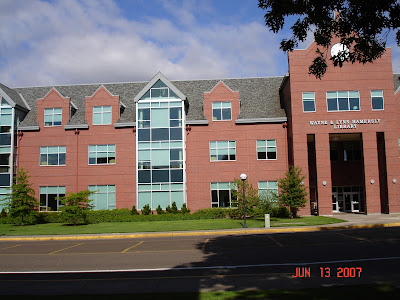here is the real problem: it is not only difficult to draw people's attention to these issues, but even more difficult to make them understand that there are tradeoffs involved in every decision--public and private. If we want to put every drug user in prison for a few years, well, we will have only pennies to spend on higher education. If we want Medicare to pay for the 82-year old grandpa's Viagra pills, we will have pennies to spend on the youth. Spending three trillion dollars on wars mean that we won't have money for a lot of domestic needs.As my graduate school professor once commented (perhaps in jest, but that is how we often present truth anyway!) it is not what you say but who you are whenever you say anything. In my case, I am a lonely nutcase in a small town working at a small university. So, hey, most of the time even you readers don't care about what I have to say, and I don't blame you either ;)
How about if I bring in the big guns? (See how much the "gun culture" is a part of our vocabulary?) Simon Jonhson, a MIT professor who was also a chief economist for the IMF, writes:
America can easily afford to do better, of course. Its large budget deficits reflect the impact of tax breaks that favor the wealthy and upper middle class; an unfunded expansion of Medicare coverage to include prescription medicines; two foreign wars; and, most important, a banking system that was allowed to get out of control, inflicting massive disruption on the real economy (and thus on tax revenue).
Today’s children did not play a role in any of these policy mistakes. The preschoolers who are about to lose access to Head Start weren’t even born when they were made.
Imposing austerity on poor children is not just unfair; it is also bad economics
I am surprised that college students are not up in arms and protesting widely, even violently, about how they are being robbed in broad daylight. Have they become so brainwashed through their K-12 years that they have become what a former colleague in California feared we are producing in education: automatons? Are teachers not being subversive enough?
 |
| Mezels, France (2011) |

























